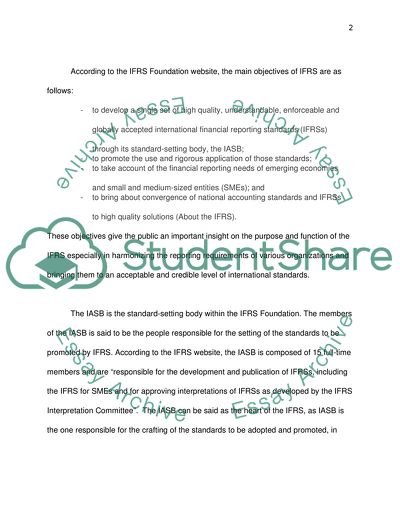Cite this document
(The IFRS and the Accounting Standards Assignment, n.d.)
The IFRS and the Accounting Standards Assignment. Retrieved from https://studentshare.org/finance-accounting/1596828-ifrs-international-financial-reporting-standards
The IFRS and the Accounting Standards Assignment. Retrieved from https://studentshare.org/finance-accounting/1596828-ifrs-international-financial-reporting-standards
(The IFRS and the Accounting Standards Assignment)
The IFRS and the Accounting Standards Assignment. https://studentshare.org/finance-accounting/1596828-ifrs-international-financial-reporting-standards.
The IFRS and the Accounting Standards Assignment. https://studentshare.org/finance-accounting/1596828-ifrs-international-financial-reporting-standards.
“The IFRS and the Accounting Standards Assignment”, n.d. https://studentshare.org/finance-accounting/1596828-ifrs-international-financial-reporting-standards.


